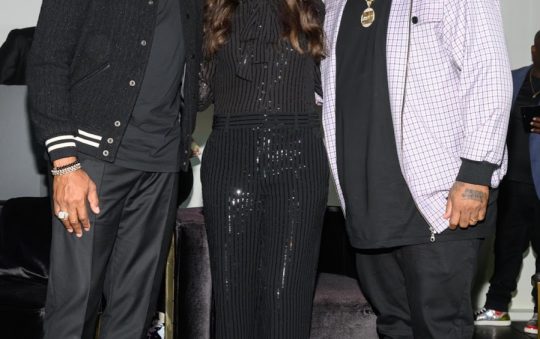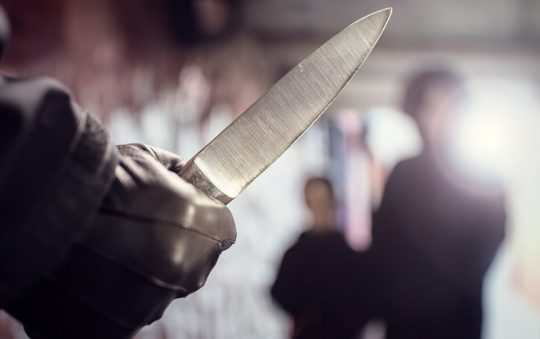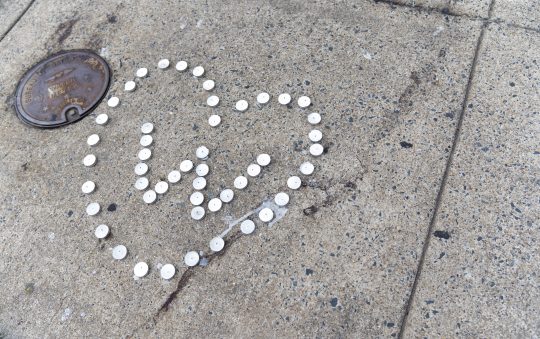A Baltimore Circuit judge on Wednesday ordered a second officer to testify against his colleagues on charges arising from the 2015 death of Freddie Gray, the black man fatally injured in a police transport van.
Judge Barry Williams granted a request from prosecutors to force Officer Garrett Miller to testify against Officer Edward Nero and Lt. Brian Rice as they await planned trials May 10 and July 5 respectively. Defense attorneys for Miller, who faces scheduled trial July 25, opposed the motion.
Nero, Miller and Rice are among six officers being prosecuted in Gray’s death. Each faces assault, reckless endangerment and misconduct in office charges. Rice faces an additional manslaughter charge, as does Officer William Porter, Sgt. Alicia White and Officer Caesar Goodson. Goodson also has been charged with second-degree murder. All pleaded not guilty.
Maryland’s highest court ruled last month that Officer William Porter, whose first trial ended in a hung jury, must testify against his colleagues while he awaits retrial. The Maryland Court of Appeals has yet to publish an opinion explaining its reasoning behind ordering Porter to testify against other officers. If that opinion is narrowly tailored to Porter’s case, it could give defense attorneys fodder to challenge Judge Williams’ decision to order Miller to testify against the two other officers while he himself awaits trial.
Gray, 25, died in April 2015 from injuries suffered in police custody after he was arrested on a charge of carrying an illegal switchblade knife. Rioters damaged or looted hundreds of businesses in Baltimore in the unrest that followed Gray’s funeral last April 27, his death spurring national debate over police treatment of African-Americans.
Charges were announced against the officers on May 1, 2015, and the cases against the officers are some of the highest-profile in the city’s history and have prompted protests and rallies.
Authorities have said Nero, Miller and Rice were the officers who first spotted Gray in a West Baltimore neighborhood, and arrested him. Porter and White interacted with Gray during several stops the transport van made during its 45-minute trip to a station house where Gray arrived unconscious, they added. Goodson was the wagon driver. When he was arrested Gray was placed in handcuffs, later in leg irons, but he was never secured with a seat belt.
Porter’s attorney, Gary Proctor, argued in motions before Judge Williams and the state’s higher courts that forcing the officer to testify while awaiting trial is a violation of his right not to incriminate himself on the stand.
Similarly, Miller’s attorneys said Wednesday that it would be “inappropriate” to force Miller to testify against Nero and Rice before his own case is resolved. But prosecutors have insisted that they can’t use anything the officers say on the witness stand against them at trial.
Legal experts say the appeals court decision is a significant one. But absent a written opinion from the court explaining the order, they said it’s impossible to know if that decision is limited to Porter’s specific circumstances or could be extended to other officers’ cases, and potentially many other cases with multiple co-defendants.
“At this point, this is such an unusual scenario I don’t think we can look to any other situation where cases are so intertwined and we’re waiting for a decision involving the same litigants, but I’d say we’re waiting for bated breath for the decision,” said one independent legal observer, University of Baltimore Law Professor David Jaros.







